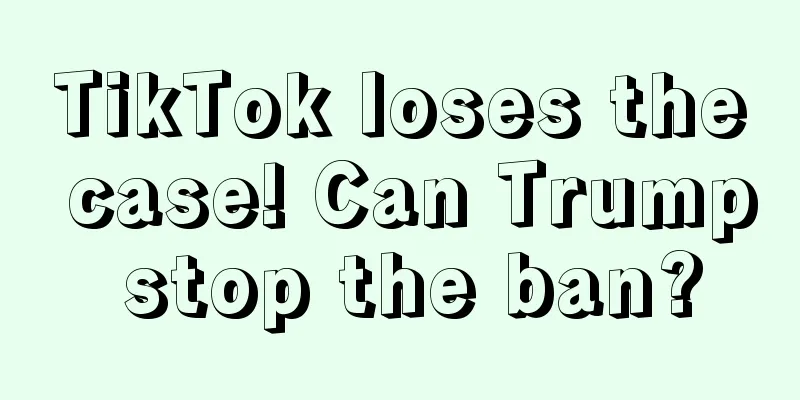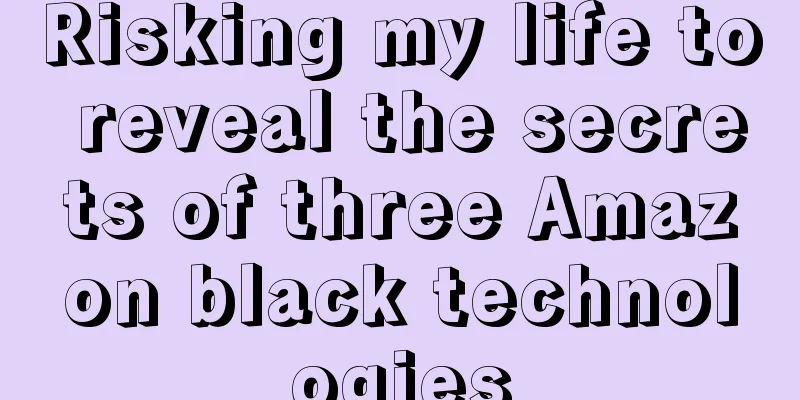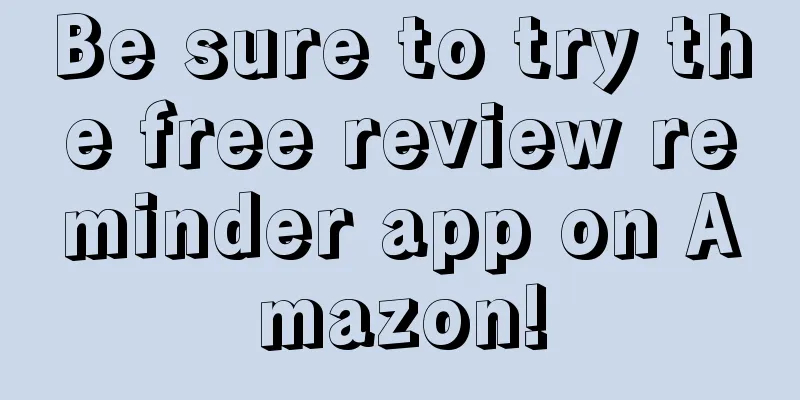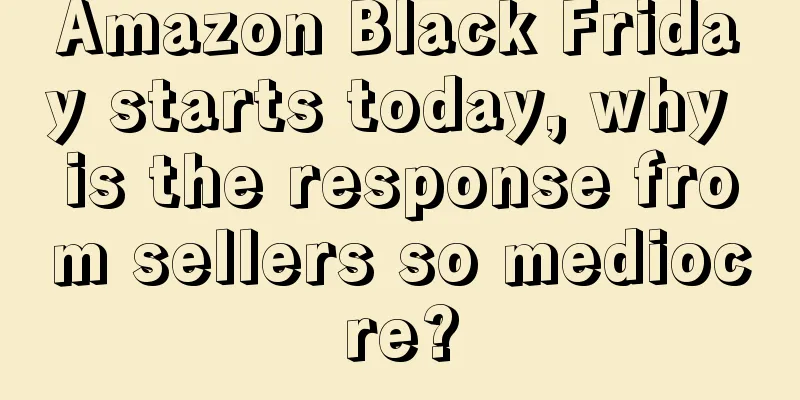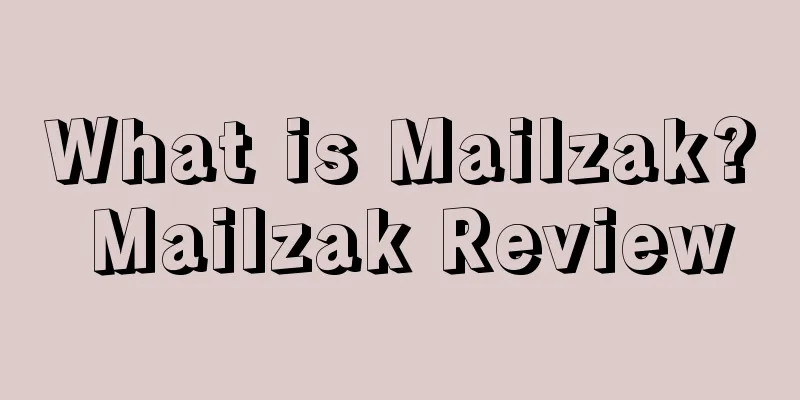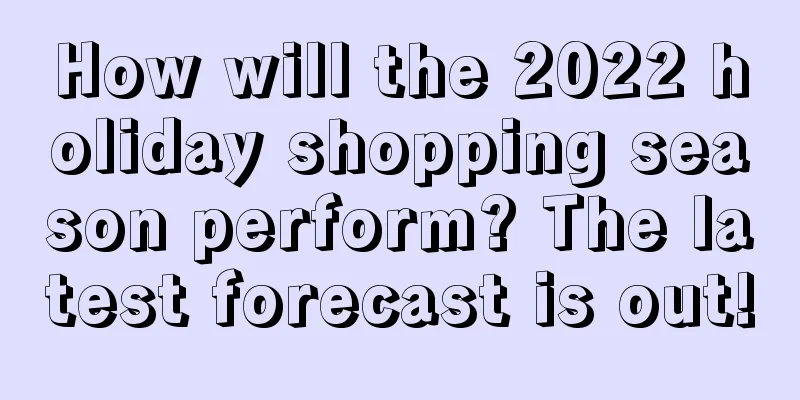|
The TikTok ban storm, which lasted more than half a year, came to an end with the "ultimatum" issued by the US court.
It is learned that on December 6 local time, the U.S. federal court ruled to reject TikTok's appeal and announced that it would maintain the decree forcing TikTok's U.S. business to be separated from ByteDance. If ByteDance fails to sell or divest TikTok before January 19, 2025, TikTok will face a complete ban in the United States.
It is understood that TikTok and its parent company ByteDance had previously filed a lawsuit in the U.S. federal court, asking the court to declare the "U.S. Congressional ban on TikTok" unconstitutional and prevent the implementation of the law. However, the three judges involved in the ruling declared that the ban was mainly based on national security risks and did not violate the First Amendment of the U.S. Constitution.
Now, with only 41 days left before the ban officially takes effect, "whether TikTok can turn around in the United States" has once again become a hot topic in the industry.
Faced with this "ultimatum" from the U.S. federal court, TikTok is still trying to save itself. [Hardcore dismantling of brand practical cases, insights into new paths for overseas growth, all in "Brand Growth" click here]
On December 7, local time, TikTok issued another statement in response: The TikTok ban was conceived and implemented based on inaccurate, flawed and hypothetical information. Unless blocked, the ban will silence the voices of more than 170 million Americans and global users.
At the same time, ByteDance insiders revealed that the company will resolutely appeal to the Supreme Court .
However, in response to this news, industry insiders analyzed that there are two possible results for TikTok's appeal to the Supreme Court: First, the Supreme Court decided to take up the case on an emergency basis and the injunction was temporarily suspended while the case was being heard; Second, the Supreme Court chooses not to take over the case, the ruling remains valid, and the TikTok ban is implemented.
At present, the probability of these two results is 50-50. In other words, even if TikTok appeals to the Supreme Court, there is no guarantee that the court will take over the case. Therefore, many people in the industry put their hopes of "saving TikTok" on Trump.
Looking back at the important timeline of TikTok's divestiture bill controversy in the United States (local time in the United States):- On March 5, bipartisan members of the U.S. Congress introduced a bill requiring ByteDance to divest control of TikTok within 165 days;
- From March to April, the U.S. House of Representatives and Senate passed the proposal with multiple high votes;
- On April 24, Biden officially signed the TikTok divestiture proposal.
During this period, TikTok, which was forced into a corner, did not give up fighting back, including CEO Zhou Shouzi lobbying the United States on the divestiture bill, and TikTok pushing pop-up messages to more than 170 million American users, guiding them to call to lift the ban, etc. However, the results showed that these measures had little effect.
The turning point came in the US election in the second half of this year . In order to win the support of 170 million Americans on TikTok, Trump repeatedly declared that "banning TikTok is not a good idea" and "no action will be taken against TikTok." A spokesperson for his team also said that Trump will fulfill his campaign promise.
Based on this, when TikTok received the "ultimatum", a large number of people in the industry placed their hopes on Trump's "rescue".
However, careful sellers have observed that the TikTok ban will officially take effect on January 19, 2025, while Trump will be re-elected as president on January 20, 2025 , which is exactly one day apart. Some sellers analyzed that under the current legal framework in the United States, if Trump wants to "save" TikTok, he can only temporarily use his political influence to exert pressure, and cannot completely change the fact of the ban.
Some industry insiders also pointed out that Trump supported TikTok in order to win the US election. Now that the "fruits of victory" are in his hands, he may no longer care about TikTok.
However, according to a report by NBC on December 8 , when talking about the TikTok ban, Trump responded: He would work hard to take measures to protect TikTok after taking office to prevent other companies from becoming bigger monopolists.
Some analysts believe that if Trump wants to fulfill his promise, he still has multiple means to intervene in the effectiveness of the ban before taking office and officially "save" TikTok after taking office.
Therefore, for now, there is still some uncertainty about this incident.
The TikTok ban is like a sword of Damocles hanging over the heads of ByteDance and TikTok sellers in the United States.
According to industry sources, ByteDance's revenue reached US$73 billion in the first half of 2024, a year-on-year increase of more than 35%. Among them, international business revenue increased by more than 60% to about US$17 billion, mainly from TikTok's advertising revenue .
The US market is one of TikTok's most important markets. According to eMarketer's forecast, TikTok's advertising revenue in the US is expected to reach US$11 billion in 2024. At the same time, according to Statista data, TikTok's monthly active users (MAU) in the US will reach 150 million in 2024, and the monthly viewing time will exceed 1.2 billion hours, surpassing Instagram and Snapchat.
It is foreseeable that once the ban takes effect, not only will the domestic netizens' ridicule of "hundreds of millions of American users using TikTok by climbing over the wall" come true, but ByteDance's international business will also suffer a major blow.
In addition, it has been mentioned in previous articles that in TikTok's ideal blueprint for globalization, it is not only committed to continuing to deepen its position as a social platform in the United States, but also hopes to achieve further expansion through e-commerce business, namely TikTok's US e-commerce.
According to industry sources, one year after its launch, the total GMV of TikTok Shop's content market in the United States increased by 557%, with the e-commerce expert books that are sold out maintaining a growth rate of more than 70% every quarter, and the number of daily paying users increasing by more than 3 times.
At the same time, despite the challenges of the ban, many sellers still choose to stay in TikTok Shop in the United States. According to Aftership's report, in the first half of 2024, the total number of small stores in the United States selling through TikTok Shop was about 31,000 .
In addition, in the second half of 2024, TikTok Shop US's excellent performance on Black Friday and Cyber Monday, as well as the strategy of further lowering the entry threshold, also attracted another batch of new sellers to join TikTok Shop US. Data shows that TikTok Shop US's single-day GMV on November 29 exceeded US$130 million, an astonishing increase of more than three times compared with the same period last year.
But from the sellers' perspective, once the TikTok ban is implemented, it will inevitably affect the operation of small shops.
Therefore, as the US federal government issued an "ultimatum", TikTok sellers in the US are in a state of panic. Some sellers have already backed off, believing that they should move to Southeast Asia or other regions of TikTok in a timely manner; but some sellers, like TikTok, are reluctant to give up the big cake of the US market and want to let the bullet "fly for a while longer."
This game that has attracted global attention may be settled before January 19.
Judging from the verdict, the US court recognized the US government's judgment that TikTok poses a national security risk and should be split up. However, some legal experts pointed out that the US court's emphasis on the close connection between TikTok and China is more like avoiding the fact that there is a lack of evidence.
To break the "bandit logic" of the United States, it depends on whether Trump can fulfill his promise to intervene, or whether the Supreme Court will accept TikTok's appeal, which may further delay the ban and give TikTok a glimmer of hope.
|
